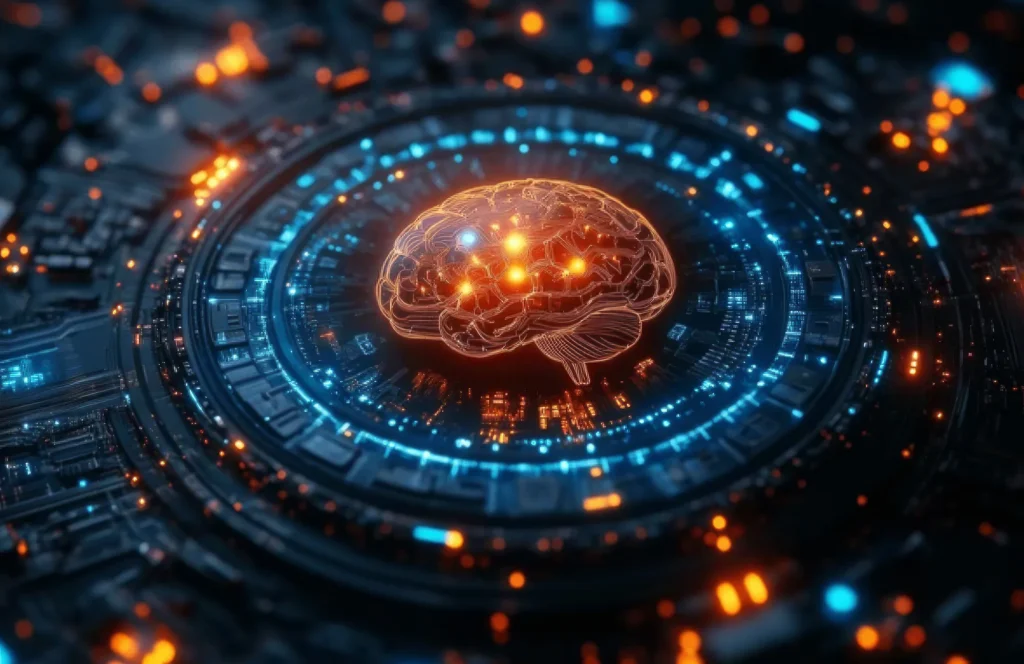Department of Systems Theory & Cybernetics

About The Department
Systems theory provides a framework for analyzing dynamic, interrelated processes, while cybernetics explores control, communication, and feedback in both human and machine systems. The Department of Systems Theory & Cybernetics merges these disciplines, equipping students with theoretical knowledge and practical skills to study emergent phenomena, design intelligent systems, and develop adaptive technologies.
The department draws from systems science, computational modeling, artificial intelligence, and cognitive science to explore how complex systems function, evolve, and respond to their environments. This integration prepares students for careers in systems analysis, cybernetic design, AI development, and organizational modeling.
Bridging Systems Theory and Cybernetic Research
A Multidisciplinary Approach to Systems Theory & Cybernetics
• Complex Systems & Self-Organization – Investigating emergent phenomena, nonlinear dynamics, and adaptive systems.
• Cybernetic Feedback & Control Systems – Exploring the principles of feedback, communication, and control in human and machine systems.
• Adaptive Systems & Resilience Modeling – Studying how systems respond to change and maintain stability in dynamic environments.
• Intelligent Systems & AI Integration – Designing AI-driven systems that optimize decision-making and self-regulation.
• Systems Epistemology & Knowledge Structures – Examining how knowledge and information flow within complex systems.
• Organizational Systems & Network Theory – Understanding how social, biological, and technological networks behave and evolve.
Degree Programs
Research, Innovation & Interdisciplinary Collaboration
The Department of Systems Theory & Cybernetics fosters interdisciplinary research across complex systems, cybernetics, artificial intelligence, and network theory. Our faculty and students engage in high-impact research that explores adaptive systems, emergent behavior, and intelligent system design.
Key Research Areas Include:
• Complex Adaptive Systems & Self-Organization – Investigating how systems evolve, adapt, and maintain stability in changing environments.
• Cybernetic Feedback & Intelligent Control Systems – Exploring real-time decision-making, adaptive control, and feedback mechanisms.
• AI-Driven Systems & Machine Learning – Developing autonomous systems, neural networks, and machine learning frameworks.
• Organizational Modeling & Network Dynamics – Studying how social, biological, and technological networks behave and adapt.
• Distributed Knowledge Systems & Information Flow – Understanding how knowledge is structured, represented, and shared across networks.
Conclusion: Advancing Systems Science & Cybernetics
The Department of Systems Theory & Cybernetics at the University of Ontological Science (UOS) is at the forefront of systems research, integrating classical systems theory with contemporary cybernetic frameworks to study dynamic, adaptive processes.
By providing advanced degree programs, interdisciplinary research opportunities, and practical applications, the department prepares the next generation of systems scientists, AI developers, and cybernetics researchers to advance the study of complex systems and intelligent networks.





